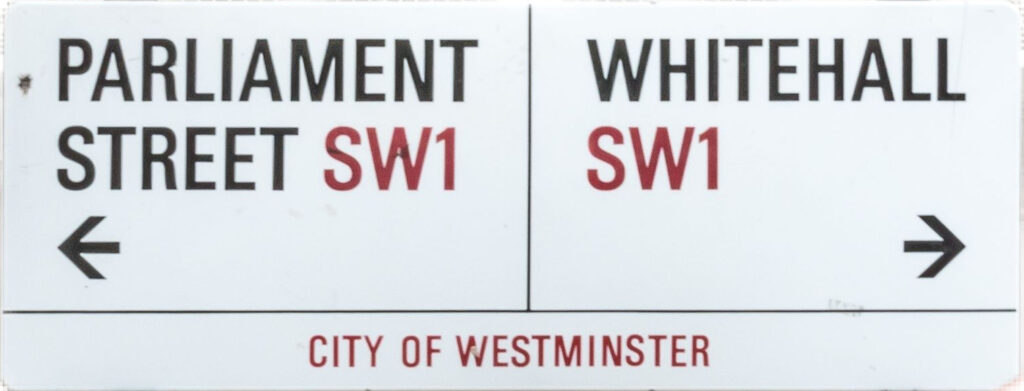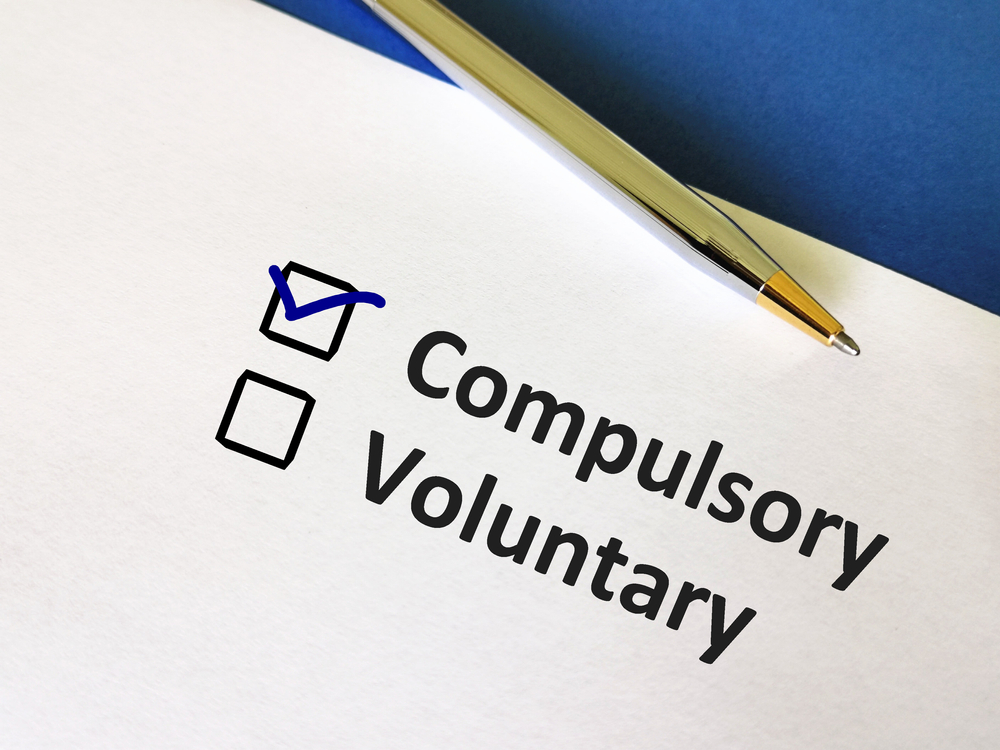The Government in their response to the report of the Daniel Morgan Independent Panel (Published in June 2023), reaffirms the direction and trajectory of PI Licencing:
“The government should act on its stated intention in 2013 to require licensing measures, introduce legislation to ensure the creation and use of standards, and implement the recommendation in the 2016 review concerning the regulation of private investigators”.
In 2016 the recommendation was the (Voluntary) Approved Contractor Scheme and the promise that: “The Security Industry Authority will need to work with the PI industry on a suitable set of standards and implementation timetable”

Private Investigators were excluded from the Approved Contractor scheme following a recent S.I.A review.
British Standard 10800:2000 and ISO 9001 was favoured by the Security Industry Authority / Approved Contractor Scheme as its: “Business improvement model”. British Standard 102000 applies when modelled over to the professional private investigator sector.
Most professional private investigators aspire to BS102000 status, even though they haven’t necessarily, completed the formal auditing and certification.
Unfortunately BS102000:2018 is not suitable for Private Investigator regulation.
“Ensure the creation and use of standards”
The Government response to the report of the Daniel Morgan Independent Panel, also, proclaimed:
“The government notes the positive steps the private investigator industry is taking towards raising standards through the progress of the Association of British Investigators’ draft Code of Conduct. In light of this progress we will keep under review the need to extend regulation to introduce a new regime”.
Its stretching things to expect people to accept the Association of British Investigators in its current configuration, “Warts and All” to be a regulation body, but nature abhors a vacuum?
Association of British Investigators’ draft Code of Conduct

The A.B.I are lobbying HM Government to turn a proposed (Voluntary) G.D.P.R Code of Conduct for Investigative and Litigation support services into a compulsory Code of conduct – essentially a back door “licence”.
The A.B.I are using a team of data protection lawyers to lobby their cause. As they ignore the rest of the industries stakeholders in their singular push?
Not a surprise that HM Government are giving the A.B.I a “Pat on the head” for all their altruistic work but have HM Government ever completed any kind of “Due diligence” on the A.B.I hierarchy?
As mentioned before, we deserve better than this.
I would encourage the Civil Servants at HM Government to complete their “Due Diligence” on the A.B.I. I would further point them to look at the “probity” of the A.B.I’s Zena Scott Archer “Investigator of the Year Award” – we all know a degree of cronyism is in play, but, all awards were cancelled this year when a GC member identified that the GC Head of the awards committee operated with a, “Conflict of Interest”…
In any case, HM Government cannot work exclusively with the ABI on a Code of Conduct – competition and cartel legislation will not permit such a “Tie up”?.
précis
The World Association of Professional Investigators and the Institute of Professional Investigators have made an historic step to standardise their Code of Ethics and Professional Conduct. Let this work continue.
A confederation of professional investigator trade bodies needs to take the lead in the licencing and standards debate.
My recommendations to all stakeholders and gatekeepers
(Association of British Investigators, Institute of Private Investigators, World Association of Private Investigators, Association of European Investigators, UK Professional Investigators Network, Association of Corporate Investigators, Ex Police in Industry and Commerce).
- The bedrock of any licensing regulation is a basic qualification that practitioners attain to prove a level of competency, awareness of the law, best practice, etc. Monitoring and auditing can then follow.
- The OFQUAL Vocationally Related Qualifications currently offered by SFJ (SFJ Awards Level 3 Award for Professional Investigators) and Pearson are in need of a massive update, re write. Hopefully, one, if not both can be resurrected, before they expire?
- The requirement to complete a Surveillance Portfolio was added by Industry Qualification some years ago and gave the qualifications a new impetus. I would further add a GDPR / DPA Best Practice Portfolio to these qualifications and I would also, “Bite the bullet” and accept that Process Serving is part of a Private Investigators remit and would consider introducing a Process Serving Portfolio as well. Perhaps a learner could opt for 2 of the 3 portfolio options to suite their operational framework?

I further propose that a College of Professional Private Investigators is formed from the trade bodies in our sector. The college can use the College of Policing as a “Best practice” guide.
The C.o.P.P.I’s officers will consist of those who are UK based and offer training or who are universally respected across all the trade associations – they meet to set, update and produce learning material, guidance on trade issues and act as the External Quality Assurance body for the portfolio aspect of the Level 3’s.
The mechanism is thereby cemented in place to “Ensure the creation and use of standards” that will appeal to all private investigators in our sector.
 Copyright secured by Digiprove © 2023 Kevin John Regan
Copyright secured by Digiprove © 2023 Kevin John Regan 







Leave a Comment